Market Share
UV Disinfection Equipment Market Share Analysis
Hardware suppliers encompass a spectrum of component providers, including those specializing in sensors, lighting, and electrical circuits. Within the value chain, these suppliers play a pivotal role, contributing essential elements to the creation of UV disinfection equipment. They bridge critical gaps in the equipment's development process, aiding in its functionality and overall effectiveness. The growth and advancement of hardware suppliers stand to offer substantial contributions, mitigating cost burdens for equipment providers while ensuring the fulfillment of necessary functionalities.
The landscape of hardware suppliers encountered significant challenges amid the COVID-19 outbreak. This disruption impacted various segments of the supply chain, causing considerable upheaval and disruptions in operational continuity. However, as the industry progresses beyond the tumultuous period induced by the pandemic, the resilience of these suppliers becomes increasingly evident. By 2021, a recovery in orders is anticipated, signifying a path toward resolution of cash flow challenges, especially among smaller suppliers and heavily leveraged companies.
Amidst the adversities faced during the pandemic, hardware suppliers have persevered, showcasing their resilience and adaptability. Their pivotal role in providing essential components for UV disinfection equipment remains instrumental in advancing technological capabilities and meeting the evolving demands of the market. As the industry recovers and adapts to the new normal, the contributions of these suppliers are expected to remain crucial, driving innovation and fortifying the foundation of UV disinfection equipment manufacturing.
Device manufacturers play a pivotal role in the UV disinfection equipment market by assembling and integrating the hardware to create effective disinfection devices. Amid the COVID-19 pandemic, the demand for such equipment surged exponentially as the need for robust disinfection solutions became paramount. Device manufacturers experienced a notable uptick in demand, largely driven by the urgency to curb the spread of the virus. However, these manufacturers encountered significant challenges stemming from component shortages and disruptions within the supply chain.
Despite grappling with these obstacles, the market players managed to navigate through the turbulent period and witnessed a substantial growth in revenue. The heightened demand for disinfection equipment, primarily propelled by the global health crisis, bolstered the market's overall revenue. The impact of COVID-19 on the UV disinfection equipment market was profound, creating a surge in demand that presented both opportunities and challenges for device manufacturers. While grappling with supply chain disruptions and shortages, these manufacturers continued to meet the heightened demand, contributing to the market's growth trajectory.
The COVID-19 pandemic served as a catalyst for the increased adoption of UV disinfection equipment, prompting a surge in demand that reverberated across the market. Device manufacturers found themselves at the forefront, working to meet the escalated requirements for disinfection solutions. Despite the challenges posed by supply chain disruptions, their efforts contributed to a substantial growth in market revenue. As the pandemic highlighted the critical importance of disinfection in healthcare, public facilities, and various industries, the role of device manufacturers became integral in providing effective solutions to address these pressing needs.

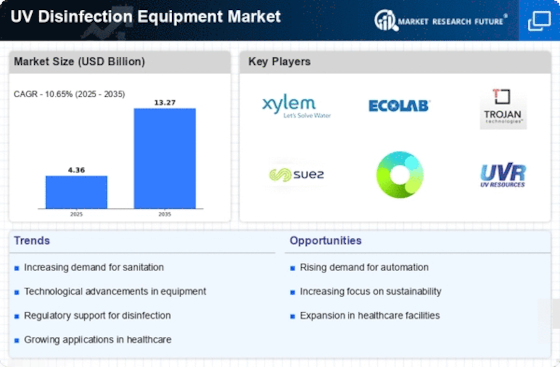
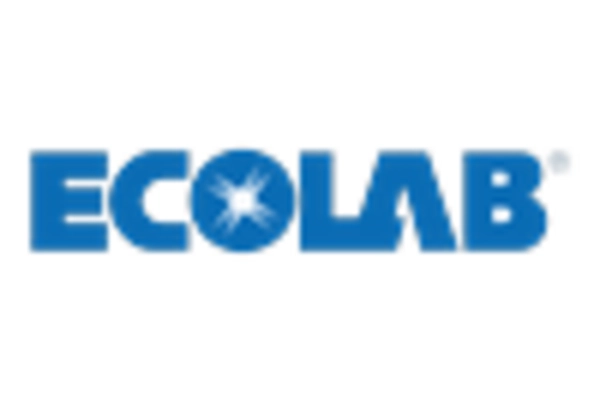
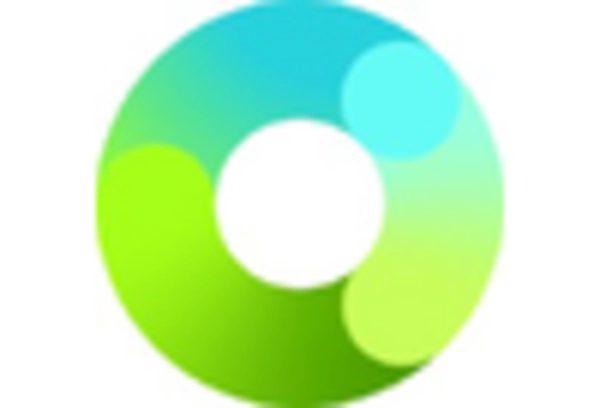
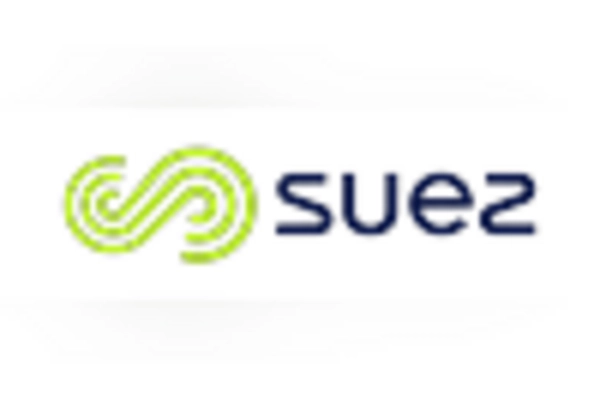
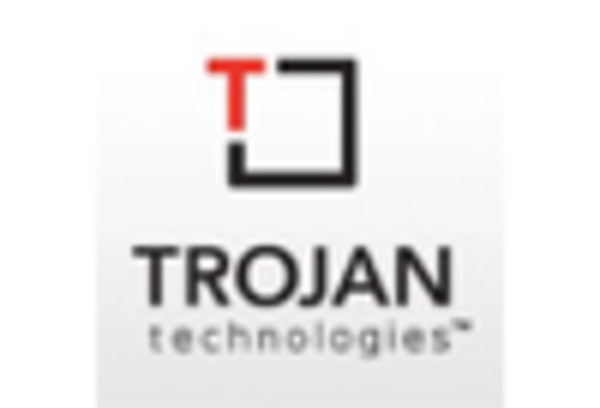
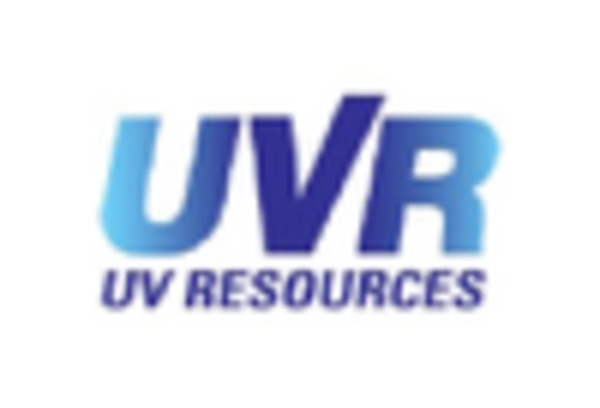
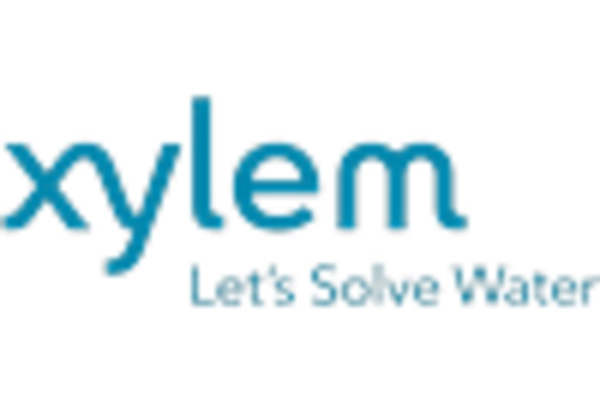









Leave a Comment